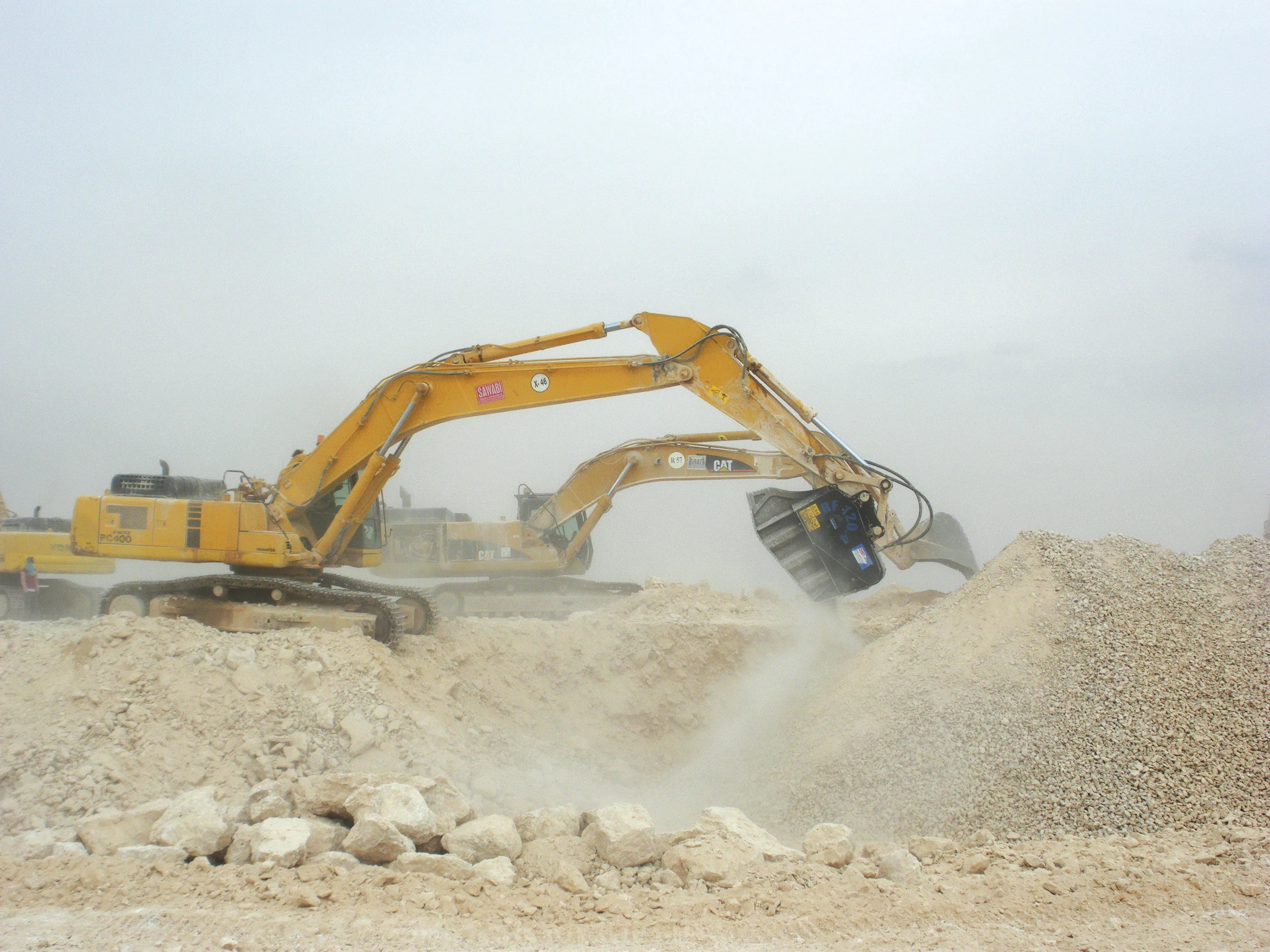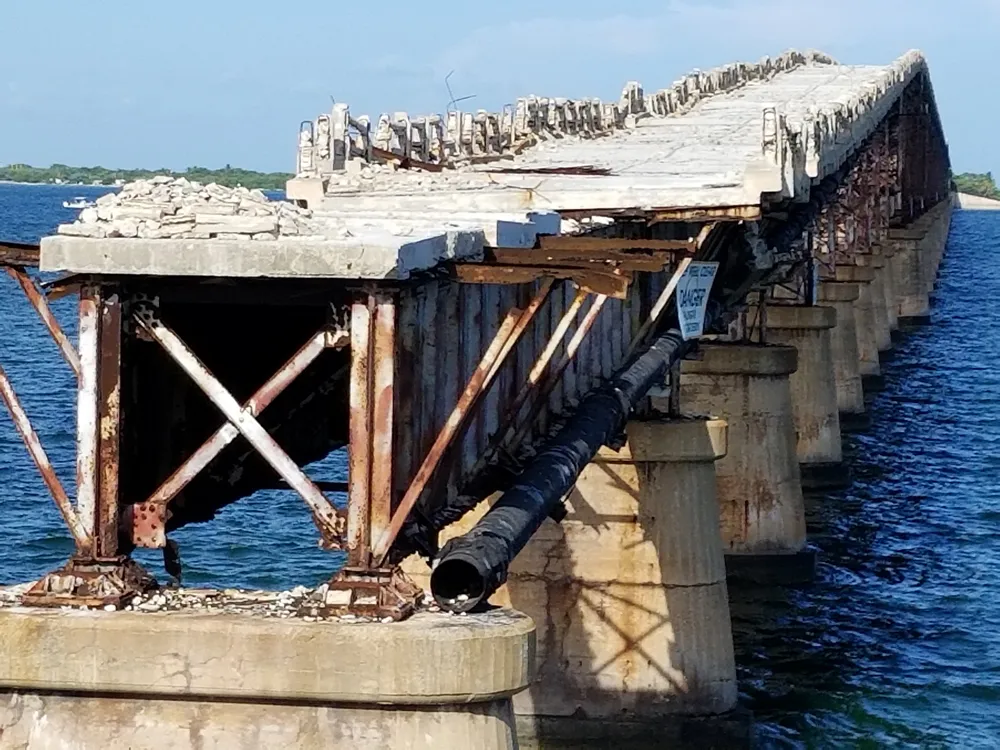Lafarge's Volos cement plant in Greece has set up a novel partnership with a local drinks company, allowing it to reuse the company's wastewater in the cement producer’s industrial process.
The Volos plant has connected its water network to that of the drinks company, using a nearby pipe previously used to pump water from a now disused bore hole to the plant.
Now, waste water from the drinks company is piped directly to the Lafarge works, where it is used in the conditioning tower, before de-dusting
February 12, 2014
Read time: 2 mins
The Volos plant has connected its water network to that of the drinks company, using a nearby pipe previously used to pump water from a now disused bore hole to the plant.
Now, waste water from the drinks company is piped directly to the Lafarge works, where it is used in the conditioning tower, before de-dusting of gases from the plant's cement kiln.
“This solution provides our Volos plant with around 30,000m³ of water every year,” says Lafarge in a statement.
“This allows us to reduce freshwater consumption at Volos and provides an environmentally-sound solution for the reuse of this waste water, which was previously discharged directly into the sea.”







